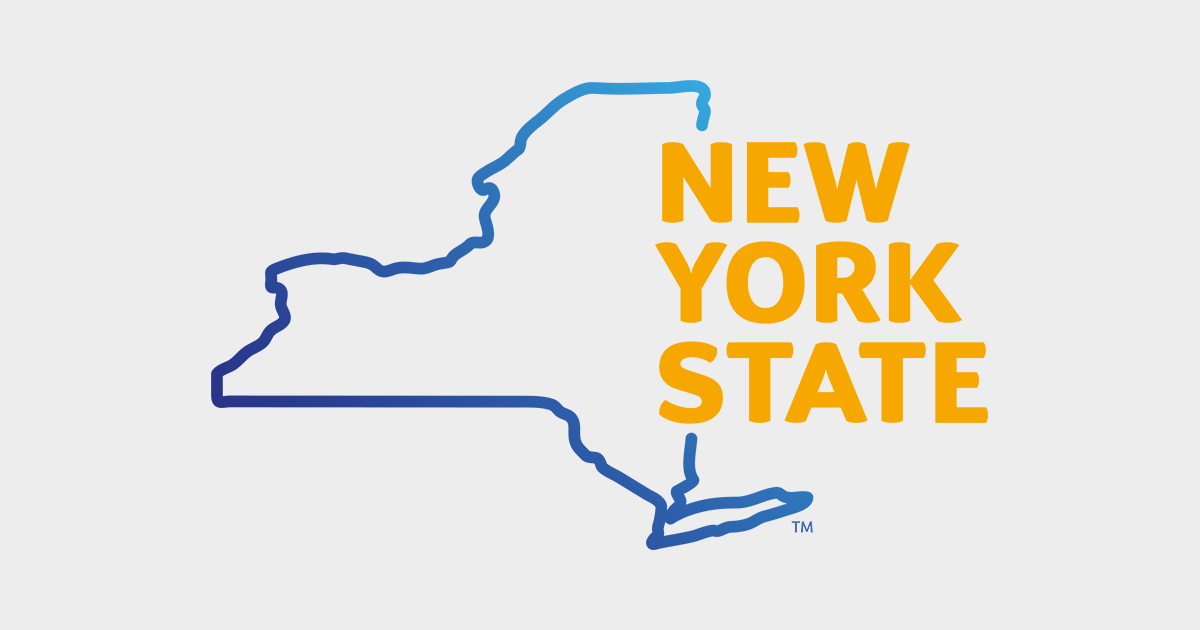
On March 20th Governor Cuomo announced, “New York on PAUSE,” further extending executive orders 202.6 and 202.7. The result of these actions is sending businesses across New York into an uncharted territory. These executive orders, when read together, require all employers to reduce their “in-person workforce at any work locations by 100% no later than March 22 at 8 pm[1].” New York on PAUSE implements civil fines and mandatory closure for any business in non-compliance. There is one exception to the in-person workforce reduction requirement; “any essential business or entity providing essential services or functions shall not be subject to the in-person restrictions[2].”
The Test
That leaves the question, does my business fall under the 202.7 exception? To make this determination your business must meet two requirements. First, are you an essential business or entity? Second, do you provide essential services or functions?
The Meaning of Essential
In 202.6 Governor Cuomo initially defined some employers that are outside of the mandatory in-person reduction’s scope. When reviewing the language of 202.6, many of the exempted services are defined with the prefix “essential.” This includes essential health care operations; essential infrastructure; essential retail [e.g. grocery and pharmaceutical]; essential services [e.g. trash, mail, and shipping]; vendors of essential services necessary to maintain the safety; and vendors that provide essential services or products.
In 202.7 Governor Cuomo provided examples of business that were deemed non-essential by mandating all barbershops, hair salons, tattoo or piercing parlors and related personal care services [e.g. nail technicians, cosmetologist, and estheticians] to close until further notice because they provide services that cannot maintain social distancing.
Yet, 202.6 and 202.7 has employers questioning if their business is essential if it was not covered under some of the enumerated, but not exhaustive, examples. In response, the New York State Department of Economic Development (hereinafter NYSDED) has created a document for employers to request for designation as an essential business under 202.6[3]. However, before submitting a request, you should review their guidelines to ascertain if NYSDED has already decided on your type of business[4]. We highly encourage you to examine their guidelines. You should only submit the request if your business is NOT covered in NYSDED’s document. NYSDED has determined that any business that has a single occupant or employee [i.e. gas station] is automatically exempted from requesting essential business designation. Governor Cuomo has implemented a balancing test concerning the scope of essential. The social, health, and safety impact of the business and the manner in which the business’s services are rendered appear to be taken into consideration in the determination of 202.6’s “essential”. This is on par with the previously noted two-prong test (1 essential business and 2 essential services) and
should be emphasized in any designation request. Your designation request should be specifically crafted to meet the requirements of 202.6’s essential.
In Closing
It is important to remember that while your business’s in-person workforce may be impacted by 202.6 and 202.7, it does not mean your business is closed. Can you operate from home? What strategies do you have in-place for the COVID-19 pandemic? There is no time better than the present to ensure that you have efficient natural disaster and emergency plans in place for in the future. We are all in this together and the Wladis Law Firm will be here to assist you with your business’s needs. If you have questions on your business’s request for designation as an essential business under 202.6, feel free to contact us. We will help you navigate through these challenging times. We may be reached at 315-445-1700 or by emailing Attorney Jennifer Granzow at jgranzow@wladislawfirm.com.
[1] https://coronavirus.health.ny.gov/home
[2] State of New York Executive Order 202.7
[3] https://esd.ny.gov/sites/default/files/Request%20for%20Designation%20Form_0.pdf
[4] https://esd.ny.gov/guidance-executive-order-2026

Jennifer B. Granzow
Ms. Granzow holds a JD from the Syracuse University College of Law. Her practice is concentrated in the areas of business and corporate law, real estate, economic development, and government relations, with an emphasis on grants and public funding.